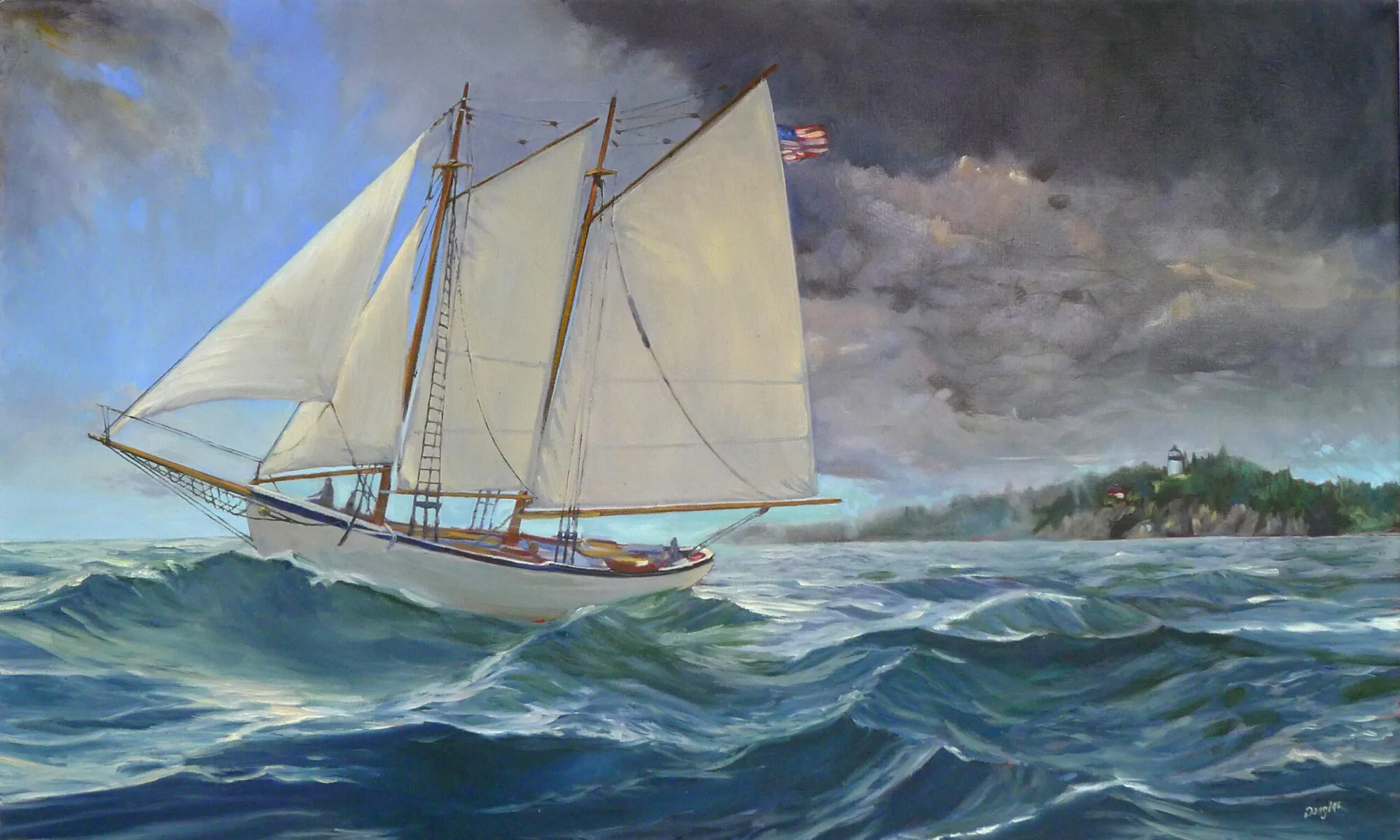The other day Brad Marshall jokingly asked us whether he or Anders Zorn was better looking. We of course immediately said that Brad was. “Oh, well, Zorn was the better painter,” he replied.
“Not better, just different,” I answered.
As mature artists, most painters have achieved mastery over their materials. What we react to isn’t their technical skill, but how they speak to us. When we don’t like their work, it’s usually more a question of not responding to their worldview than that they are technically deficient.
It’s only in the learning phase that one painter is ‘better’ than the next, and even that is transitory. Some of us are faster learners than others, but that doesn’t mean we’ll be better painters in the end.
Last weekend, one of my beginning students got very frustrated. She was having trouble understanding why I asked her to lay down paint in a specific way. It didn’t help that her classmates were sailing through the exercise.
“I feel like everyone is doing a great job except me,” she said.
 |
|
Childhood’s Garden, 1917, by Charles Burchfield. His genius lies in his spirit and vision. He is often called the dark Edward Hopper, but many of his paintings radiate happiness.
|
Like most artists—experienced or not—she really has no idea where her strengths lie. She is emotionally transparent, so what she feels vibrates through her drawing. When she’s happy, her trees dance, the pavements sing. When she’s not happy, her canvas glowers.
That is a kind of talent that can’t be taught or bought, but can only be nurtured like a seedling set out in a garden bed. And it’s so easy to knock such a talent apart, because it comes from one’s inner vision, and that’s a fragile thing.
Let me know if you’re interested in painting with me in Maine in 2014 or Rochester at any time. My Belfast, ME, workshop is almost sold out. Click here for more information on my Maine workshops!


